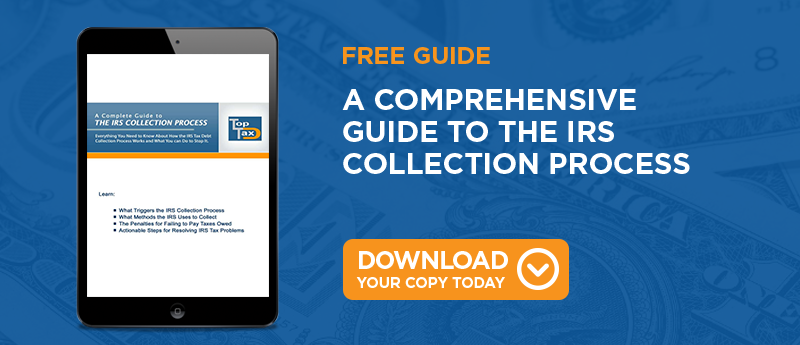One of the main things that retired individuals look forward to is not having to worry about earning an income. However, without the proper planning, some retirees may find themselves in a precarious financial situation. This is because some retirement payments are considered taxable by the IRS, which can lead to unexpected financial troubles. Some of the common tax concerns for retired individuals include questions about the income tax liability of benefits and investment income.
1. Will you have to pay taxes on your pension payments?
Generally, retirement payments from traditional pension arrangements such as 401(k)s and IRAs are considered to be taxable income. The IRS views these payments as taxable, because the tax that was originally due on the funds was deferred during the contribution process. This means that the employee did not have to pay tax on the funds when they were originally earned.
On the other hand, distributions from a Roth IRA plan are not taxable, even if they include interest that has accrued since the original contribution. Roth IRA contributions are still taxed at the time, which means that the retiree may withdraw these payments later without having to pay tax on them.
2. Are your Social Security benefits taxable?
Some retirees will have to pay income taxes on their Social Security benefits. While these payments are never 100 percent taxable, those who are receiving more than $34,000 in income during the year may have to pay tax on up to 85 percent of their Social Security payments. When assessing this liability, the IRS calculates the total of the retiree's adjusted gross income, any tax-free income (such as that from investments), and one-half of the total Social Security benefits.
3. What state do you plan to live in?
When you're planning for your tax situation, you'll also have to consider the U.S. state in which you live. Since some states do not impose a state income tax, many retirees think about relocating to one of these areas after they finish working. However, states that do not have an income tax may impose other taxes such as local taxes, higher property taxes, or increased sales taxes. Only 15 U.S. states impose a state tax on Social Security benefits, so it's a good idea for retirees to find out if their state is one of these and plan ahead for any additional taxes they may have to pay.
These tax concerns for retired individuals can pose financial problems during a time of life when retirees should be enjoying their lives without worrying about money. With the proper planning, though, retired workers can prepare for these issues and relax during their golden years.




